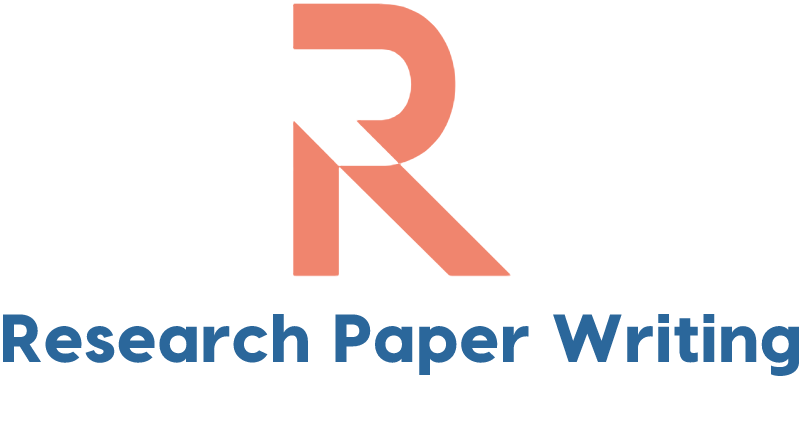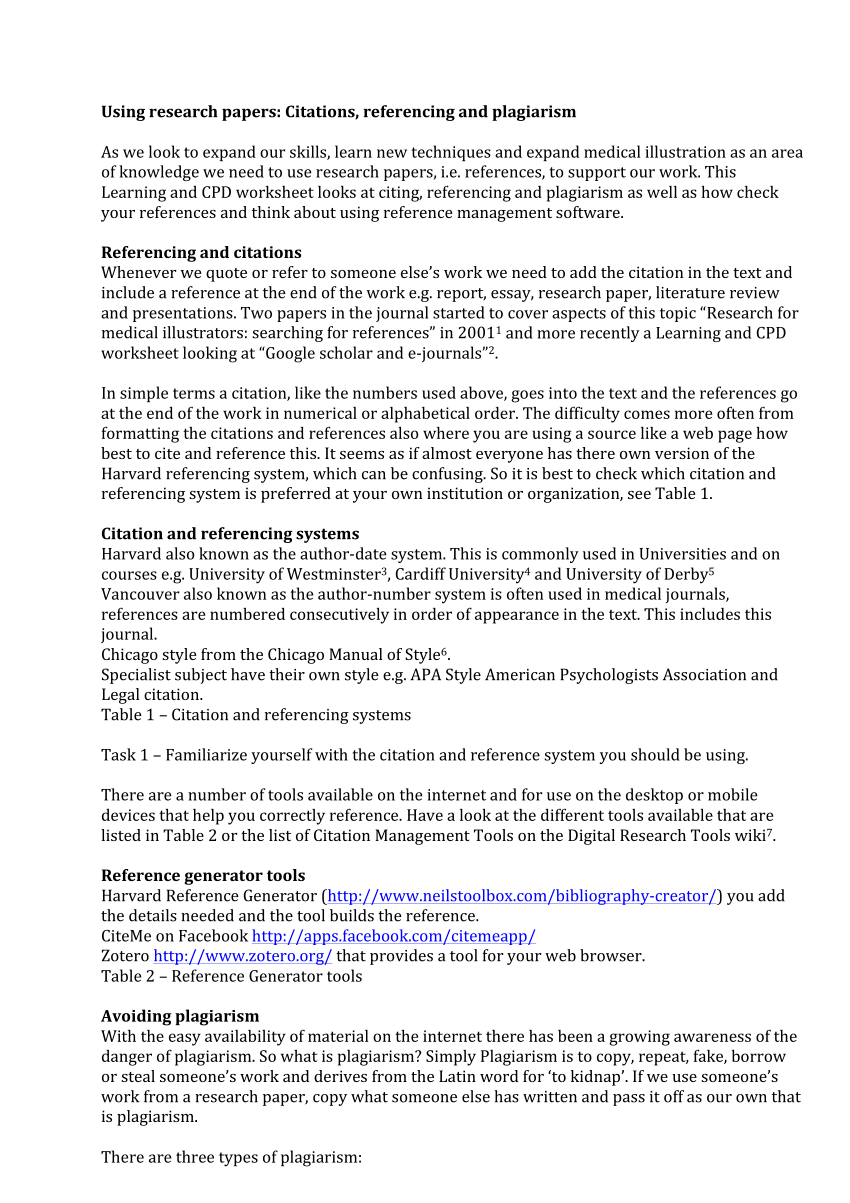While writing a research paper, you need to use a certain style, and one of the most important rules to follow is not to use “I” or “you” as pronouns. It can be difficult to find the perfect balance between clarity and style, so it is recommended to stick with one rule. The main rule is to make every word in your paper make sense. Avoid using personal pronouns like “you,” “I,” or even the word “we.”
Avoid using “you” in a research paper
It is generally unacceptable to use “you” in academic writing, especially in the first paragraph. While it can be used to emphasize the shared experiences of a group, the use of “you” as the first word in a sentence is not appropriate. A research paper’s purpose is to provide evidence to support the thesis, not to convey the writer’s personal opinions. Using the second person “you” is also unprofessional, especially in academic writing.
Avoid using “they” in a research paper
The plural “they” is a third-person singular pronoun in English. APA Style recommends using it, because it includes all persons and helps avoid gender assumptions. Merriam-Webster’s dictionary suggests using this form if you’re writing about an unknown individual. It’s also appropriate when you’re referring to a person with a neutral or unidentified gender.
Using personal experience in a research paper improves style and clarity
While using personal experience in academic writing can be effective, it must be kept in perspective. The purpose of personal experience should always be to advance the argument and not to serve as an end in itself. In this way, using personal experience is not a bad idea, but only in small doses. To ensure style and clarity, keep personal experiences in quotation marks. Personal experiences can be useful for introducing the research problem and engaging the reader.
Using real stories or hypothetical situations can also strengthen arguments that require concrete illustrations or vitality. For instance, philosophical arguments often utilize “real” or “hypothetical” situations. Moreover, a real or hypothetical experience can be an excellent way to explain your interest in the topic and establish your authority as a writer. There are some writing situations that explicitly require the use of personal experience in academic papers.

